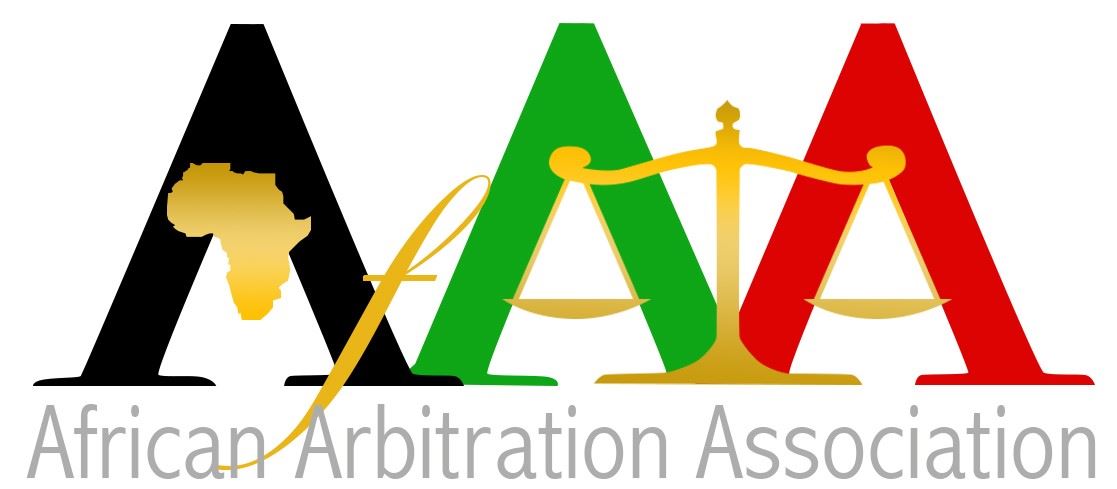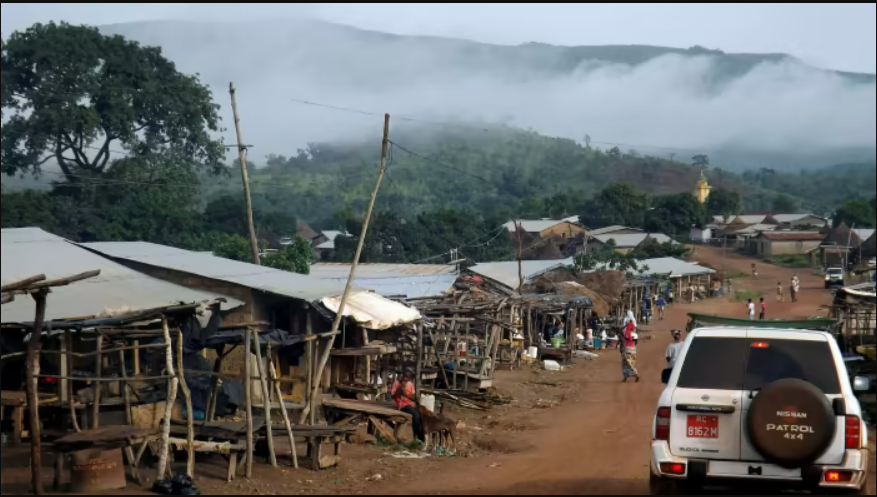arbitration / adr news
BSGR Resources won Guinea mining rights through bribery, arbiter says 23 May 2022 by Niel Hume
Arbitration ruling over licences for Simandou iron ore project cites ‘overwhelming evidence’ of ‘corrupt practices’ The company, which was placed into administration in 2018 in the face of mounting legal battles, has always maintained it did nothing wrong and was the victim of a conspiracy to seize its assets. That view was challenged by Guinea. In January, 2021 Steinmetz was sentenced to five years in jail by a Swiss court for bribing Mamadie Touré, a wife of Guinea’s late dictator Lansana Conté, to win the licence to Simandou. In the determination issued last week, ICSID said there was evidence Touré had directly or indirectly received at least $9.42mn from BSGR between August 2009 and May 2012, of which $5.23mn could be traced through wire transfers and cheques, “for her services in securing permits”. “The claimants and some of their associates went to extraordinary lengths to cover up the corruption practices, using intermediaries to bribe third parties or secure their influence, falsifying invoices, using improper accounting techniques, thus rendering payments untraceable, tampering with evidence, and making statements even before this tribunal contrary to the facts with respect to the authenticity of key documents,” the ruling said. Nysco, the sole shareholder of BSGR, said it was examining the ICSID decision and was confident it could be overturned on appeal. “The ICSID tribunal ruled that it lacked jurisdiction and that the claims BSGR made regarding the mining rights in Guinea were inadmissible,” it said. “Nysco strongly believes that BSGR will once again be vindicated as it was recently following recent legal victories,” it said, referring to another arbitration case. In February Brazilian mining group Vale dropped a $1.2bn legal claim against Steinmetz over a failed joint venture to develop BSGR’s share of Simandou. The various legal battles over Simandou date back more than a decade to 2008 when BSG Resources secured the exploration rights to Blocks 1 and 2 of Simandou. BSGR subsequently sold 50 per cent of its Guinean business to Brazilian mining company Vale in a $2.5bn deal that created a joint venture to develop a mine. However, in 2014 Guinea’s new democratically elected president Condé took back the rights to Blocks 1 and 2 following a review that concluded they had been won though bribery. That triggered a storm of legal action, including BSGR’s arbitration proceedings against Guinea. The dispute looked to have been resolved in 2019 when both sides agreed to drop their claims. However, the agreement was never ratified by BSGR’s administrators and the ICSID arbitration continued in the background. Meanwhile Simandou, which is estimated to contain 2bn tonnes of high-quality iron ore, remains undeveloped. The blocks at the heart of the legal dispute are now owned by a China-backed consortium. Source: Financial Times |

